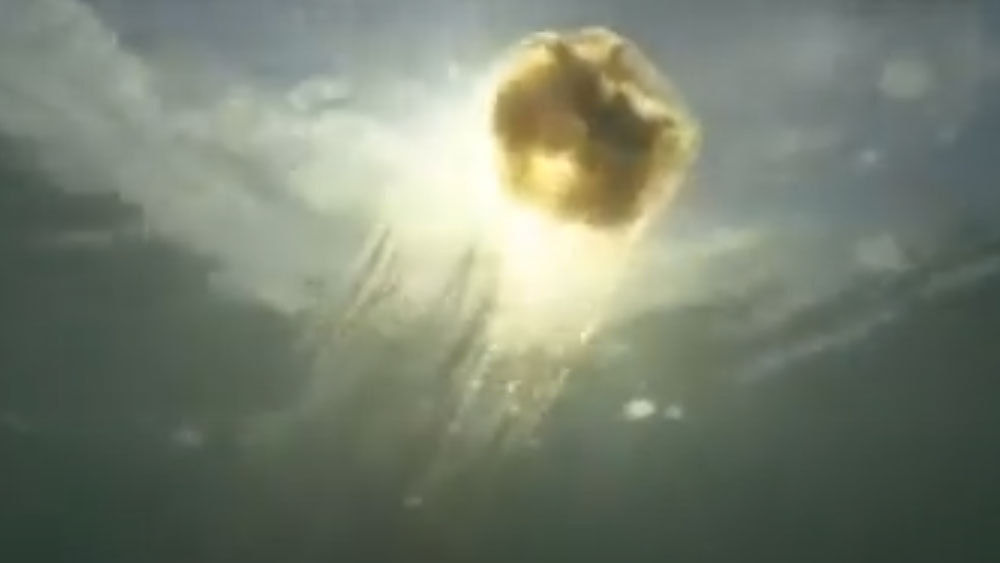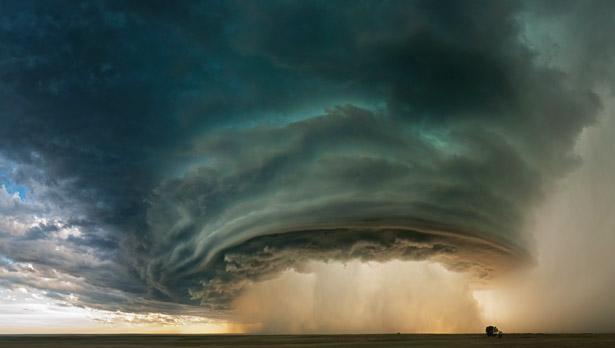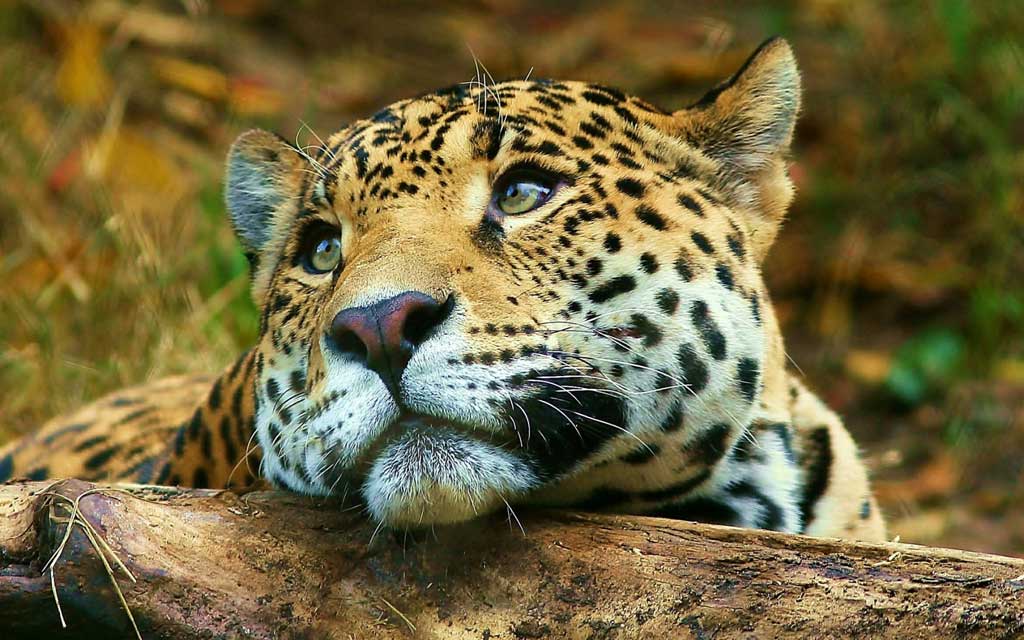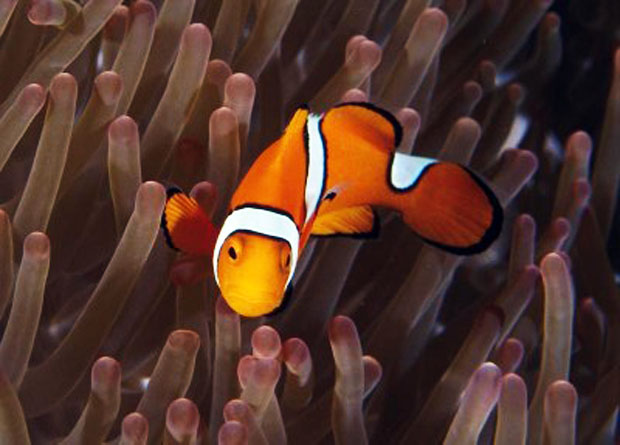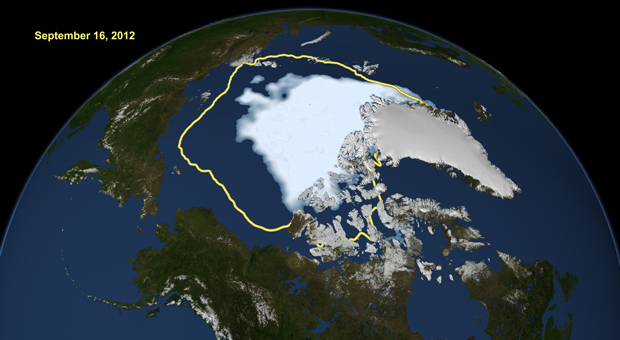Winter seas are usually free of jellyfish, but scientists warn […]
The Guardian: Meteorologists are debating our role in bizarre weather […]
By Tim Redford, Climate News Network: LONDON—Climate change doesn’t just […]
Science Daily: Jan. 21, 2012 — Rising human carbon dioxide […]
This September 16, 2012 image released by NASA shows the […]
